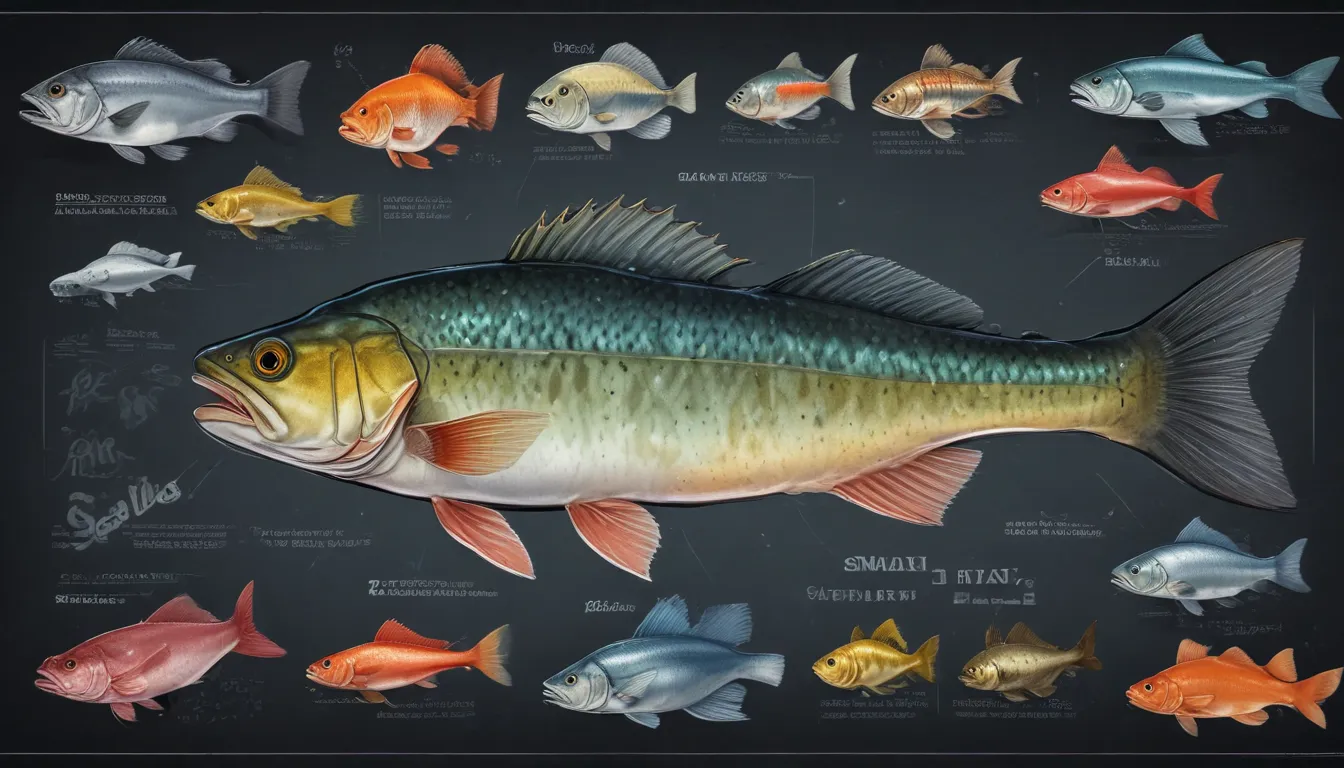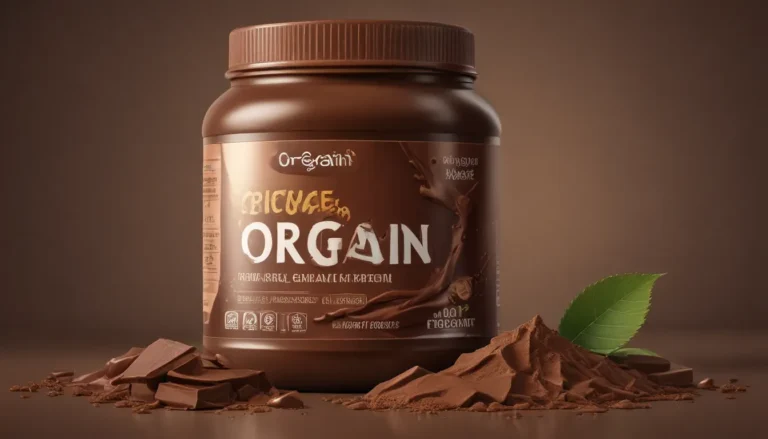The pictures in our articles might not always show exactly what the text is talking about. We use these images to make the article more interesting and eye-catching. They are there to add to the text, but not to replace it or show every detail.
If you're a seafood lover looking for a delicious yet healthy option to add to your diet, swai fish might be the answer. Also known as Pangasius, this freshwater fish from Southeast Asia has gained popularity worldwide for its mild flavor, affordability, and versatility in cooking. In this comprehensive guide, we'll delve into the nutritional benefits of swai fish, exploring why it's a smart choice for those seeking a well-rounded and nourishing meal. From its high protein content to its rich source of essential nutrients, swai fish offers a myriad of health benefits that can enhance your overall well-being. So, let's uncover 11 essential swai fish nutrition facts that make it a valuable addition to your daily menu.
The Nutritional Profile of Swai Fish: A Closer Look
Let's dive into the key takeaways about swai fish that make it a standout option for health-conscious individuals:
-
Protein-Packed and Low in Calories: A serving of swai fish contains approximately 20 grams of protein, essential for tissue repair and overall health. Moreover, with only around 90 calories in a 3-ounce serving, swai fish is a fantastic choice for those mindful of their calorie intake and weight management goals.
-
Rich in Omega-3 Fatty Acids: Swai fish is a good source of omega-3 fatty acids, crucial for heart health, reducing inflammation, and supporting brain function. Including swai fish in your diet can help you meet your omega-3 requirements, promoting overall well-being.
-
High in Vitamin B12: Vitamin B12, vital for a healthy nervous system and red blood cell production, is abundant in swai fish. It's particularly beneficial for individuals following a plant-based diet who may have difficulty obtaining enough B12 from other sources.
-
Good Source of Selenium: Swai fish provides selenium, an antioxidant mineral that supports immune function and protects the body from oxidative stress. Incorporating swai fish into your meals can help bolster your immune system and overall health.
-
Rich in Phosphorus and Essential Minerals: Swai fish is a good source of phosphorus, essential for strong bones and teeth, energy production, and kidney function. Additionally, it contains other essential minerals like potassium, magnesium, and zinc, vital for various bodily functions.
-
Low in Mercury: Unlike some other seafood options, swai fish is low in mercury, making it a safe choice, especially for pregnant women and children. Consuming swai fish can help you avoid the risks associated with high mercury intake.
-
Low in Fat and High in Vitamin D: Swai fish is relatively low in fat compared to other fish types, making it suitable for individuals looking to reduce their fat intake while enjoying the benefits of seafood. It's also a good source of vitamin D, important for calcium absorption and bone health.
Cooking with Swai Fish: Versatile and Delicious Options
One of the standout features of swai fish is its mild flavor, which makes it a versatile ingredient in various dishes and cooking methods. Whether you enjoy grilling, baking, or pan-searing, swai fish can easily adapt to your culinary preferences, adding a nutritious touch to your meals. The flexibility of swai fish in cooking makes it a favorite among home cooks and food enthusiasts looking for a healthy yet flavorful option to incorporate into their recipes.
Why Choose Swai Fish for Your Diet?
In conclusion, swai fish isn't just a delicious choice—it's a smart and nutritious one too. With its impressive nutritional profile, including high protein, essential nutrients, and omega-3 fatty acids, swai fish can help you maintain a balanced diet and support your overall health. Whether you're aiming to boost your protein intake, incorporate more essential minerals into your meals, or enjoy the benefits of omega-3s, swai fish is a fantastic addition to consider.
When selecting swai fish for your meals, opt for responsibly sourced options to support sustainable fishing practices and ensure the health of fish populations and the environment. By choosing swai fish as part of your diet, you can enjoy a tasty and nutritious meal while contributing to the well-being of our planet.
Frequently Asked Questions about Swai Fish
-
Is swai fish a healthy choice?
Yes, swai fish is a healthy choice. It's low in calories and fat, high in protein, and a good source of essential nutrients such as omega-3 fatty acids, vitamin B12, and selenium. -
Can swai fish be part of a weight loss diet?
Absolutely! Swai fish's low calorie and fat content make it a suitable option for those looking to lose weight. Its high protein content can also help you feel full and satisfied. -
How should I cook swai fish?
Swai fish can be cooked in various ways, including grilling, baking, or pan-searing. Season it with herbs, spices, or lemon juice for added flavor, but be cautious not to overcook it to prevent dryness. -
Is swai fish sustainable?
Opt for responsibly sourced swai fish to ensure sustainable fishing practices and environmental stewardship. Look for certification from organizations promoting sustainable seafood practices. -
Are there any potential allergens in swai fish?
Swai fish is generally safe for individuals with fish allergies, but it's always best to consult with a healthcare professional if you have concerns or known allergy issues.
In conclusion, swai fish offers a plethora of nutritional benefits that can enhance your diet and overall well-being. With its protein-packed, low-calorie nature and abundance of essential nutrients, swai fish deserves a prominent place on your plate. Explore the versatility of swai fish in your cooking endeavors and savor the delicious and nutritious meals it can bring to your table. Choose swai fish for a flavorful, healthful, and sustainable dining experience.






